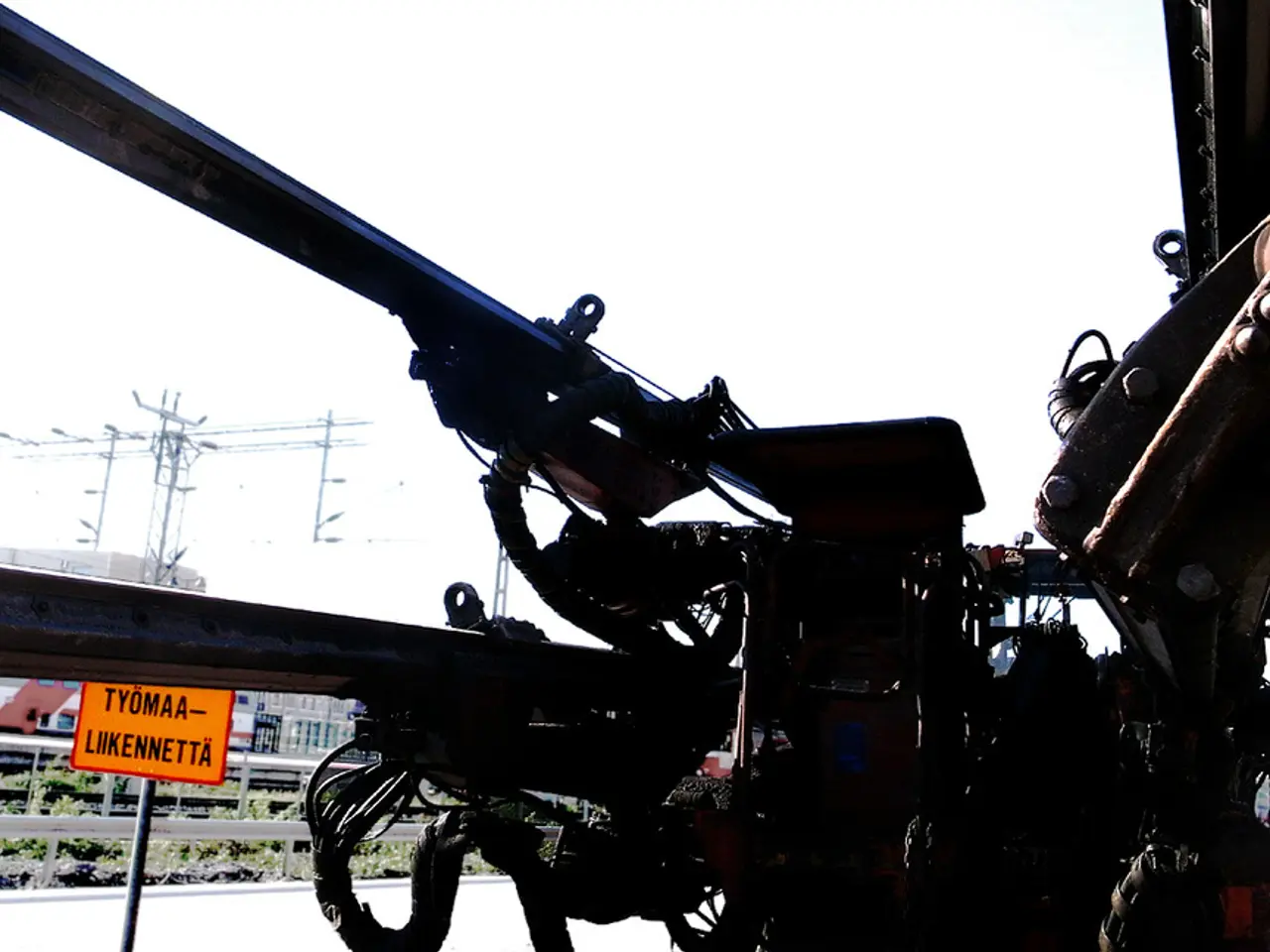Government initiates AI-driven project to develop advanced power grid system
South Korea has taken a significant step forward in its energy transition with the launch of a new task force aimed at establishing a next-generation power grid. The initiative, led by Second Vice Industry Minister Lee Ho-hyeon, is designed to modernize the country's electricity infrastructure and create a cleaner, more efficient, and flexible power system.
The heart of this ambitious project lies in the integration of artificial intelligence (AI) to predict renewable energy generation and electricity demand, enabling improved efficiency, two-way electricity flow, and the optimisation of electricity production.
The task force, which includes key government agencies and public entities such as the Korea Power Exchange and Korea Electric Power Corp., is working towards the development of pilot microgrid projects. One notable project is a $144 million initiative in South Jeolla Province, featuring AI-driven management and two-way energy flows that allow surplus electricity to feed back into the grid.
Regulatory reforms are also on the horizon, with plans to exempt the Electricity Business Act and implement flexible electricity rate systems that enable direct trading between local power companies and consumers. This will foster innovation and market flexibility, promoting the sustainable growth of the energy industry.
One of the key benefits of this AI-powered grid is the enhanced use and integration of renewable energy. This aligns with South Korea's urgent energy transition goals, aiming to effectively supply renewable energy without the need for massive infrastructure construction.
Moreover, the system will dynamically balance supply and demand, leading to greater energy efficiency. By connecting these local power grids, the national power grid will be redesigned, enhancing the country's power security as stated by the Ministry.
The vice minister also emphasised that these new business models, such as virtual power plants, aim to revitalise regional economies, supporting distributed energy systems and microgrids for localised energy resilience.
The initiative was launched following a call from President Lee Jae Myung, who expressed the need for efforts to create an intelligent power grid that connects the entire nation. The president's vision is for a grid that will promote efficient power use and contribute to the sustainable growth of the energy industry, enhancing South Korea's power security and supporting its urgent energy transition goals.
In conclusion, South Korea's AI-powered grid initiative is a significant step towards a cleaner, more efficient, and flexible power system. The project, which includes the development of pilot microgrid projects and regulatory reforms, will foster innovation, promote market flexibility, and support the sustainable growth of the energy industry.
The AI-powered grid initiative combining industry, finance, technology, and artificial-intelligence offers a potential solution to South Korea's urgent energy transition goals, aiming to integrate and optimize renewable energy sources efficiently. The project's regulatory reforms will also encourage direct trading between local power companies and consumers, fostering innovation and market flexibility in the finance sector.




